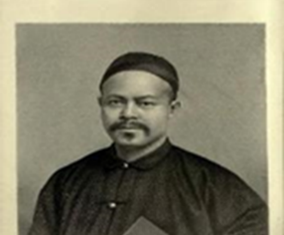
Join us for this virtual presentation as Sam Wong and Evelyn Wong discuss the life of Kuang Qizhao, the official translator for the Chinese Educational Mission (CEM) in Hartford, Connecticut and his relationship with his neighbor, Mark Twain.

Join us for this virtual presentation as Sam Wong and Evelyn Wong discuss the life of Kuang Qizhao, the official translator for the Chinese Educational Mission (CEM) in Hartford, Connecticut and his relationship with his neighbor, Mark Twain.
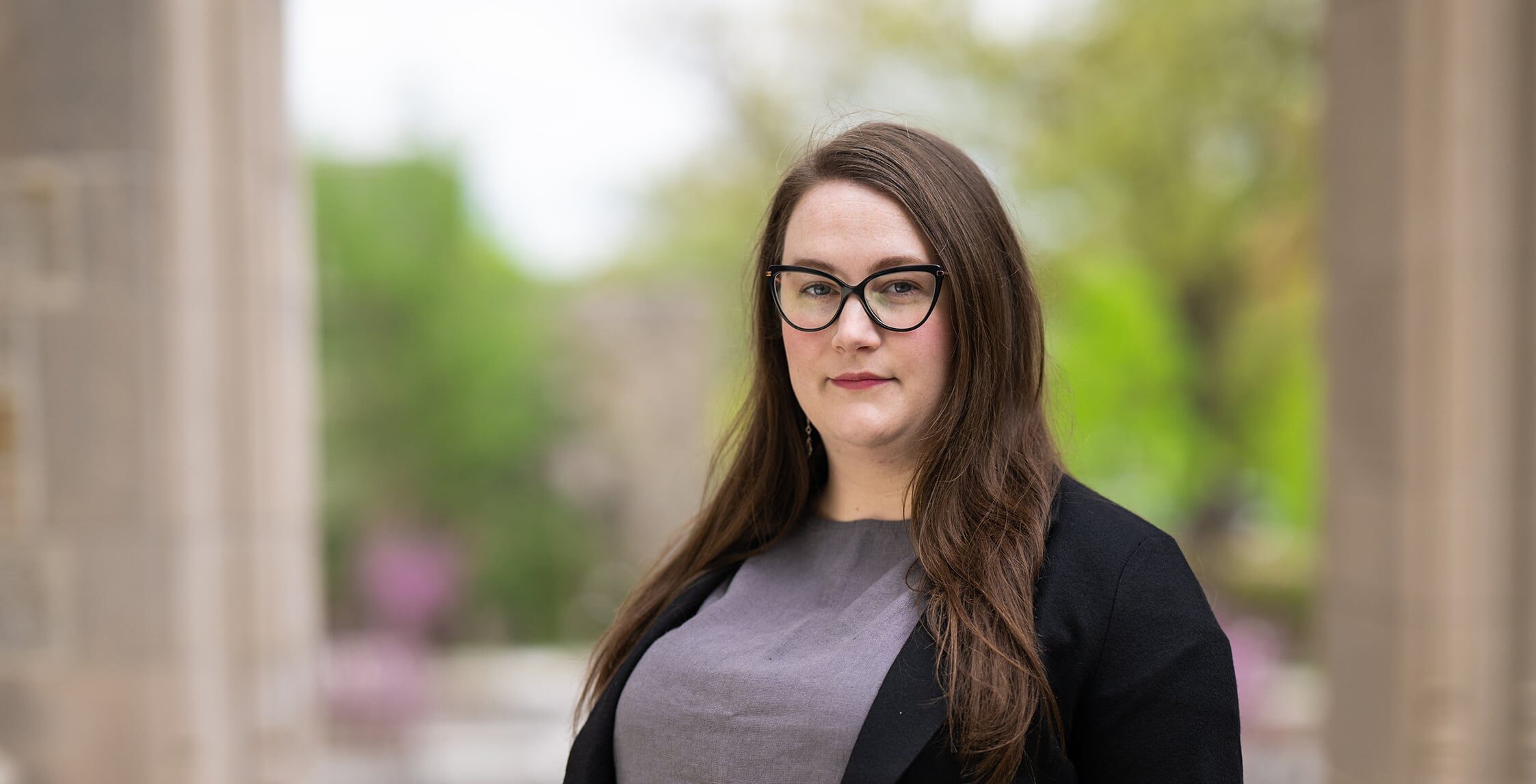
Join us for this virtual presentation as New England Regional Fellowship Consortium grantee, Dr. Blake Grindon, discusses the complex history leading up to the killing of Jane McCrea during the American Revolutionary War.
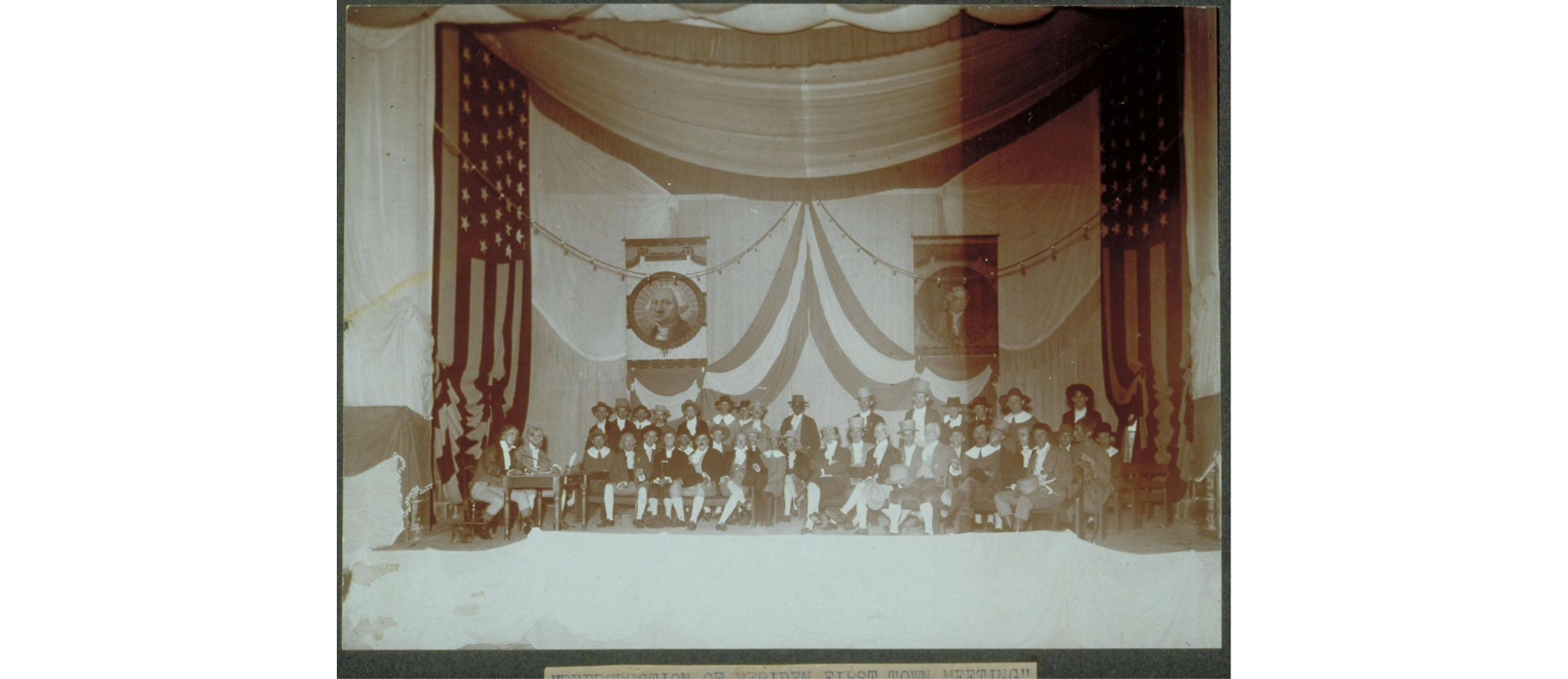
Join us for this virtual presentation, as New England Regional Fellowship Consortium grantee, Elliot Warren, discusses how local leaders in Connecticut were integral to the development of an ‘American’ political economy in the early Republic.

Join us for this virtual presentation, as Dr. James Fortuna, a New England Regional Fellowship Consortium grantee, will investigate the CCC’s role as an agent of national transformation and considers the links between the New Deal’s treatment of the American landscape and its promotion of a new, more pluralistic national identity.
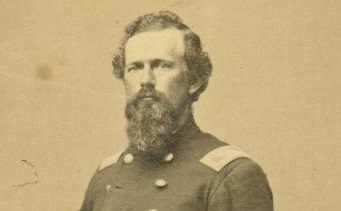
Join us for this virtual presentation, as Dr. Eric Totten, a New England Regional Fellowship Consortium grantee, will discuss the eclectic experiences of the Connecticut Yankees in and around the Ancient City during the American Civil War.

In this virtual presentation, Jaimie Crumley will discuss how what historians have described as the fragility of freedom was made evident through the indenture system in early nineteenth-century Connecticut.

Join us for this virtual presentation, as Bryan discusses how self-publishers created and sold their books and highlights the stories of two New England self-publishers, including Hartford’s own James Mars.

In this virtual presentation, Shea Hendry will discuss how adolescent participants in the loyalist exodus retained their legal rights to membership within both British and U.S. polities in the aftermath of independence.

Join us for this virtual presentation, as Amy Godine traces this Adirondack story back to two key players that have Connecticut roots: Lyman Eppes and John Brown.
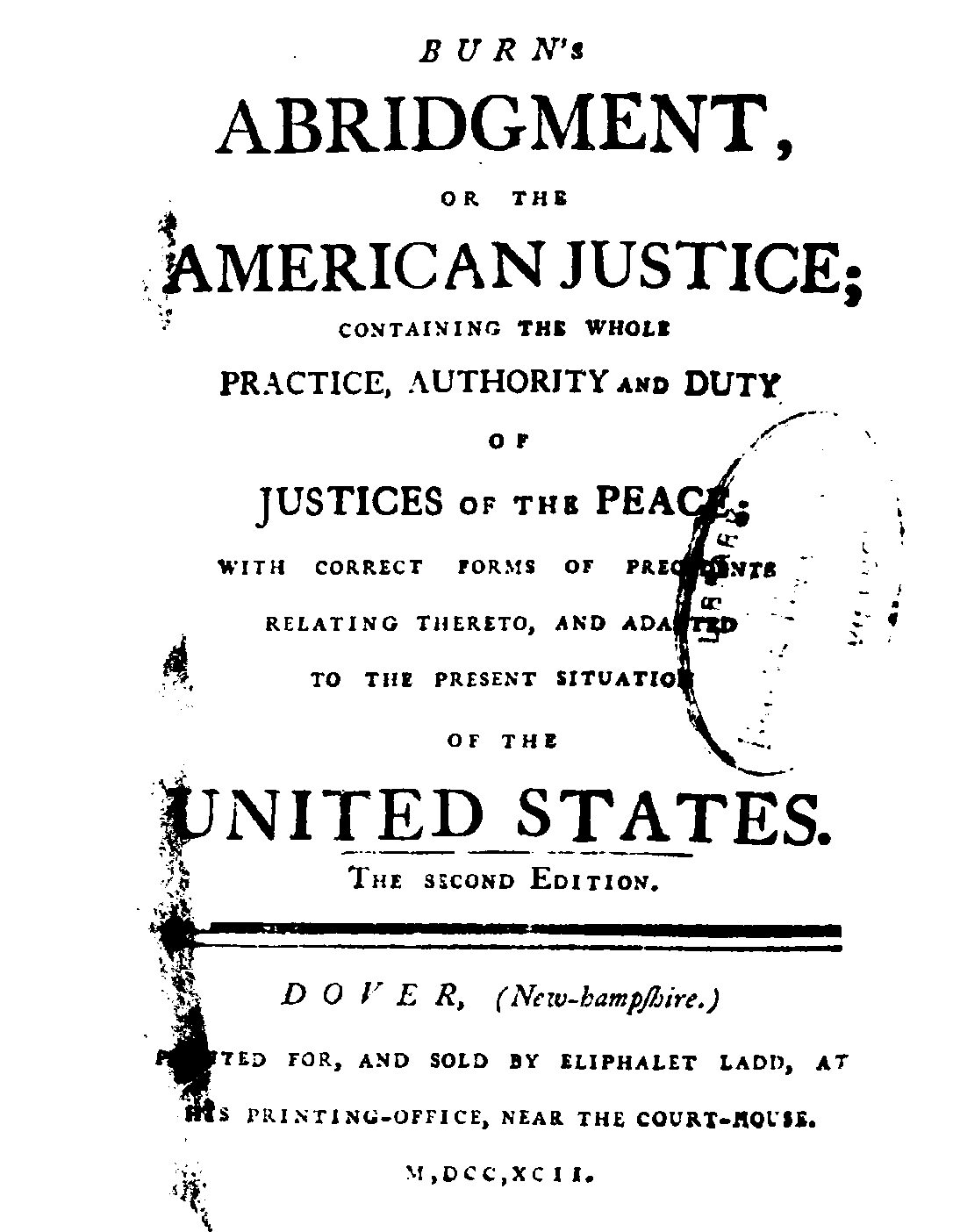
This virtual presentation, by Hannah Farber, is part of a book project on civil litigation in the early American republic, will use surviving justices’ dockets to show how different types of magistrates–farmers, ministers, urban merchants, and Patriot enforcers–handled the provision of justice to their neighbors amid Revolutionary disruption.